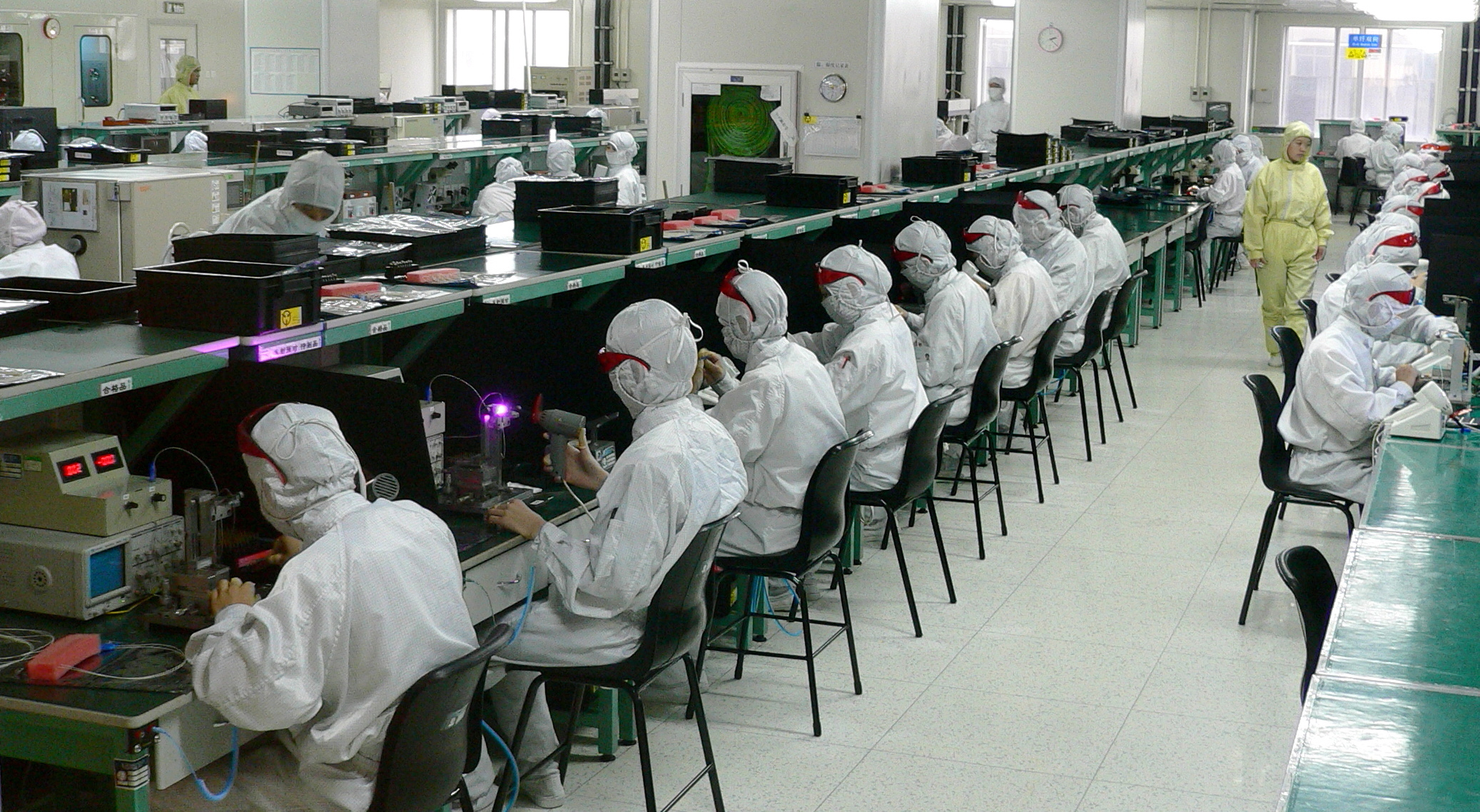Europe approves a plan to double the production of semiconductor chips so as not to depend on Asian countries
- In order to reduce Europe’s dependence on the industry of Asian semiconductors, Strasbourg parliamentarians have endorsed the Chips Act. The investment planned for the creation of chips production centres in Europe is EUR 43bn.

There is no doubt that chips have become geopolitical weapons. These small devices, essential for moving mobile phones, other electronic devices, drones and armaments, are another front of the new cold war between China and the United States, and Europe is no stranger to it.
This Tuesday, the Chip Act, a European plan to increase the research and production of semiconductors, agreed in advance between the European Parliament and the Council of Europe, was approved in Strasbourg. 587 parliamentarians supported, only 10 opposed and 28 abstained.
According to this Plan, the European Union intends to double the production of semiconductors to reach 20% of the world market by 2030, which currently has only a 10% share. In this way, the Community authorities intend to eliminate the dependence of Asian countries, which has become apparent in recent years, especially with the breakdown of supply chains following the COVID-19 pandemic in 2020.
90% of the sophisticated semiconductor chips are produced in Taiwan, but the rest of the chip production is also found in South Korea and China. In contrast, in the European Union, the Dutch company ASML has become a key multinational company in the sector, as it is the main generator of chip printing machines.
"In the past, research was being invested and production relocated. At the end of this time, we need massive investments for our industrial base"
Thierry Breton, Commissioner for the European Internal Market
The recently approved plan provides for an investment of EUR 43bn, both public and private, for the establishment of semi-conductor chip generation workshops in Europe. "In the past, research was being invested and production relocated. At the end of this time, we need massive investments for our industrial base," said European Commissioner for the Internal Market, Thierry Breton, in passing the law, according to the EuroEFE agency.
The Plan also provides for coordination and observation measures between EU countries, especially in case of problems in the supply of semiconductors.
In recent times, the USA and the European Union have taken measures to control the market for semiconductor chips, especially to limit the import of semiconductors in China. Semiconductors have thus become a major competition between the world's powers.
Recently, China has imposed export restrictions on "rare lands" such as gallium, germanium, etc., necessary to create these semiconductores.Segun CNN, the Chinese Ministry of Trade "protects national security and its interests".
Balirudike dena kontrolpean dagoela, badakitela guri nola sinetsarazi edozer, ez dugula inoiz, berez, guk nahi duguna egiten. Iragarki konstante batean bizi bagina bezala, esaten dugu “aukera berdintasuna”, eta pentsatzen dugu esaten ari garela “aukera... [+]
I don't know what atmosphere there is in the south of the Bidasoa, but at least in the north is the word "war." In the orders of December 31, 2023, President Macron could seven times correct the word "rearmament." They say that we need to channel the ‘war economy’, and that is... [+]












